Optimal Timing for Foundation Repairs
Foundation repairs are most effective when performed during periods of stable and moderate weather. Temperature fluctuations, excessive moisture, and soil movement can impact the success of repair projects. Optimal conditions typically occur during mild, dry seasons, minimizing the risk of further soil shifting or water intrusion.
Spring offers moderate temperatures and manageable moisture levels, making it suitable for foundation work before the heat of summer or winter.
Dry summer months can be ideal, but extreme heat may affect curing times and material performance.
Fall provides cooler, stable weather conditions, reducing the risk of soil expansion or contraction.
Winter is generally less suitable due to freezing temperatures and potential for frozen ground, which can hinder excavation and repair processes.
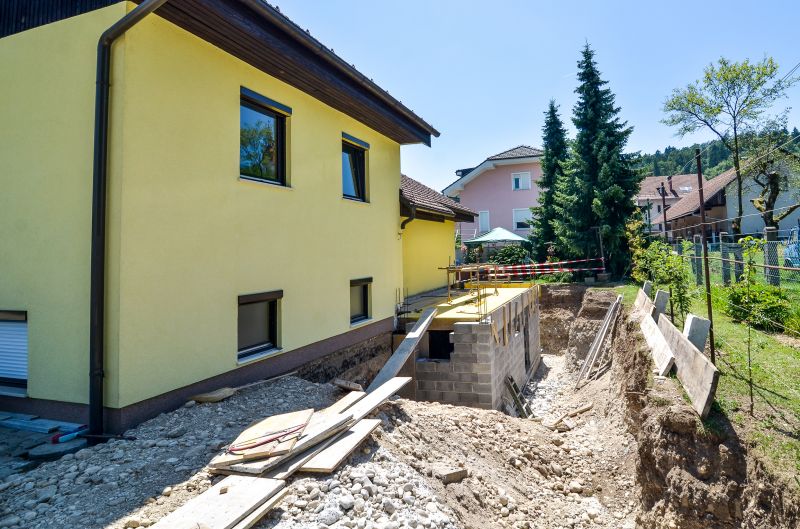
Visual assessment of foundation stability during optimal weather conditions.
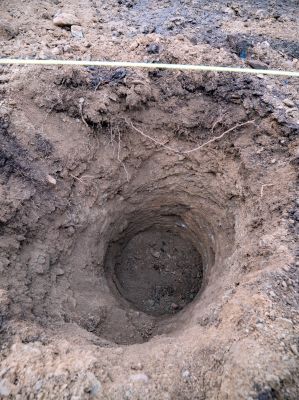
Analyzing soil moisture and composition to determine the best repair timing.
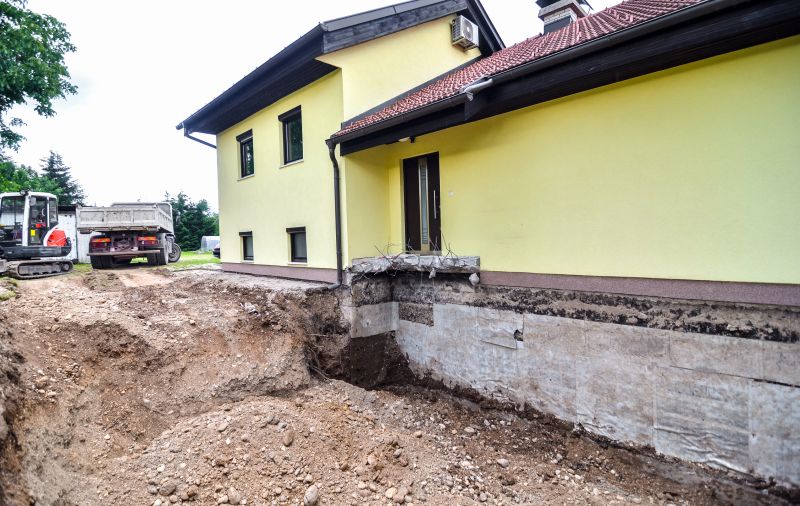
Monitoring soil expansion and contraction patterns throughout the year.
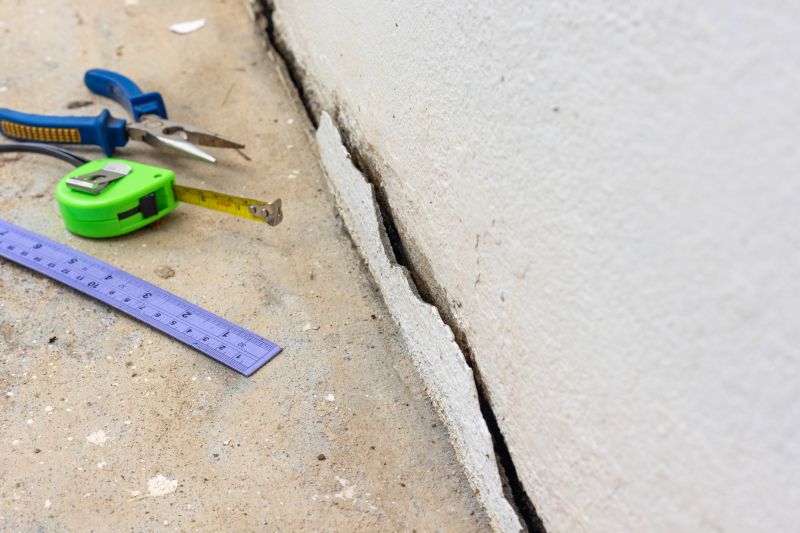
Ways to make Foundation Repairs work in tight or awkward layouts.
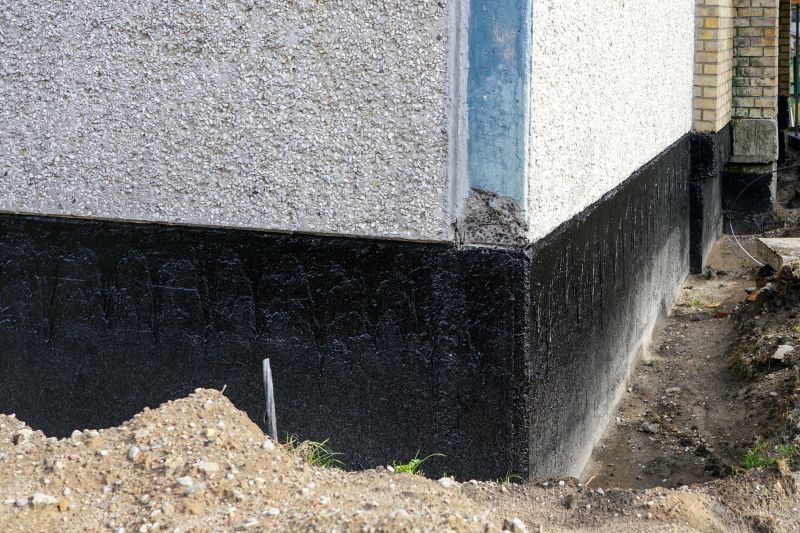
Popular materials for Foundation Repairs and why they hold up over time.
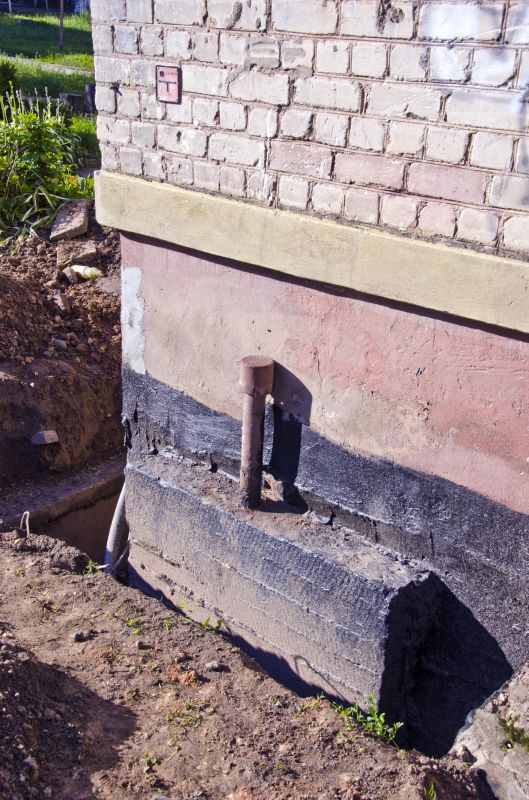
Simple add-ons that improve Foundation Repairs without blowing the budget.
Foundation repairs are crucial for maintaining structural integrity and preventing further damage. Addressing issues promptly during appropriate weather conditions can reduce long-term costs and ensure the durability of the repair. Soil stability, moisture levels, and temperature are key factors influencing the timing of foundation work. Proper planning and seasonal considerations help optimize repair outcomes and extend the lifespan of the foundation.
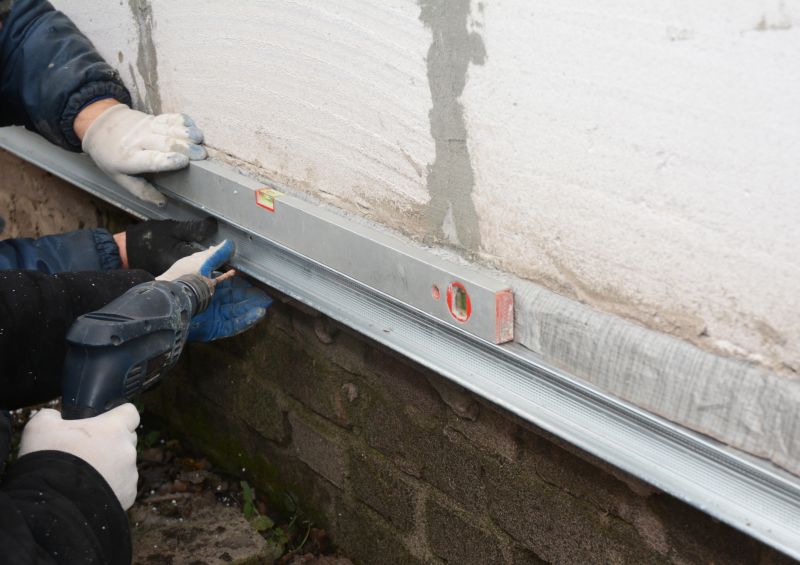
Equipment and techniques used during foundation stabilization.
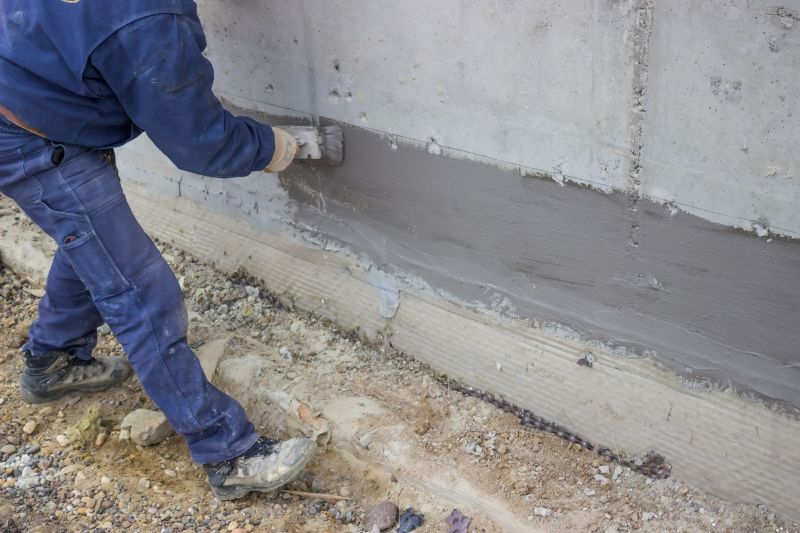
Sealing and reinforcing cracks for long-term stability.
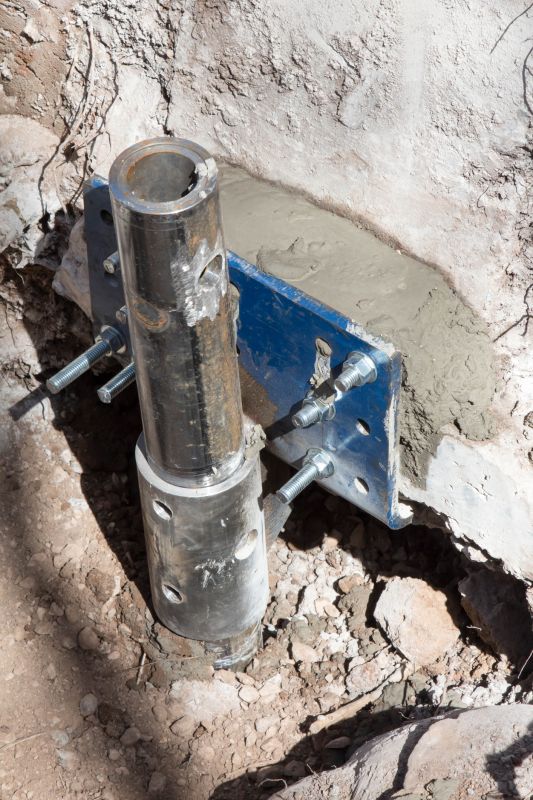
Methods to lift and stabilize sinking foundations.
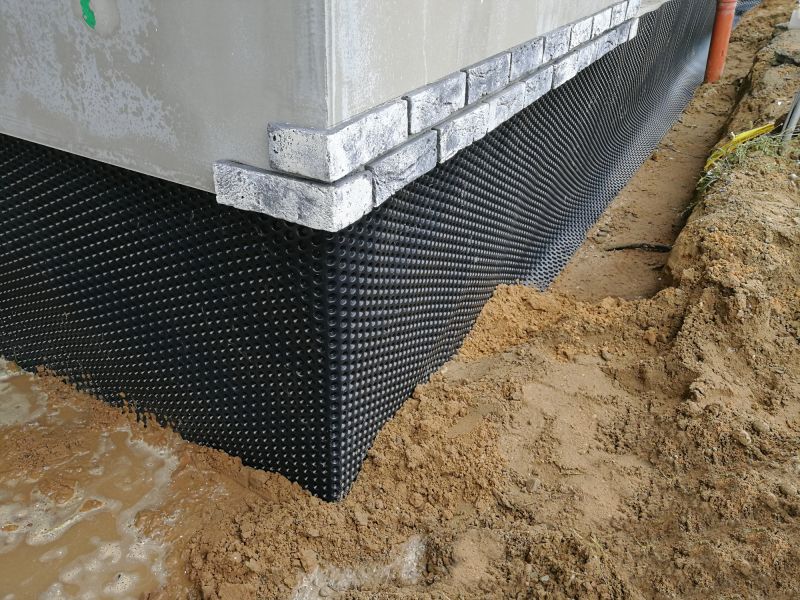
Protection against water intrusion and soil erosion.
| Season | Ideal Conditions |
|---|---|
| Spring | Moderate temperatures and manageable moisture levels. |
| Summer | Dry months with stable weather, but watch for extreme heat. |
| Fall | Cooler, stable weather ideal for repairs. |
| Winter | Frozen ground and low temperatures make repairs difficult. |
| Post-Repair | Ensure soil is dry and stable for lasting results. |
Timely foundation repairs can prevent costly structural issues and extend the life of a building. Proper assessment of soil conditions and weather patterns helps determine the best window for intervention. Consulting with experienced professionals ensures that repairs are performed under optimal conditions, promoting durability and stability.



